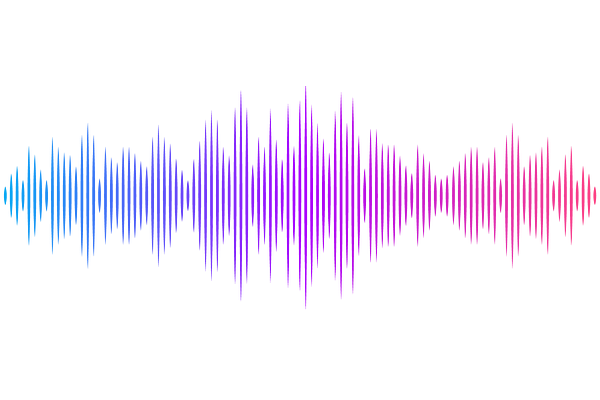The adhesion GPCR ADGRV1 controls glutamate homeostasis in hippocampal astrocytes supporting neuron development: First insights into to pathophysiology of ADGRV1-associated epilepsy

The adhesion GPCR ADGRV1 controls glutamate homeostasis in hippocampal astrocytes supporting neuron development: First insights into to pathophysiology of ADGRV1-associated epilepsy
Gueler, B. E.; Zorin, M.; Linnert, J.; Nagel-Wolfrum, K.; Wolfrum, U.
AbstractADGRV1 is the largest member of adhesion G protein-coupled receptor (aGPCR) family. In the cell, aGPCRs have dual roles in cell adhesion and signal transduction. Mutations in ADGRV1 have been linked not only to Usher syndrome (USH), which causes deaf-blindness, but recently also to various forms of epilepsy. While the USH defects are attributed to the loss of fiber links between membranes formed by the extracellular domain of ADGRV1, the pathomechanisms leading to epilepsy remain elusive to date. Here, we study the specific functions of ADGRV1 in astrocytes where it is highest expressed in the nervous system. Affinity proteomics showed the interaction of ADRGV1 with proteins enriched in astrocytes. Dysregulations of cellular processes important in astrocyte function were indicated by the different transcriptomes of patient-derived cells and Adgrv1-deficent mouse hippocampi compared to appropriate controls. Alteration in morphology and reduced numbers of astrocytes in the hippocampus of Adgrv1-deficent mice. Monitoring the glutamate uptake in colorimetric assay and by live cell imaging of a genetic glutamate reporter consistently showed that glutamate uptake from the extracellular environment is significantly reduced in Adgrv1-deficent astrocytes. Expression analyses of key enzymes of the glutamate-glutamine cycle in astrocytes and the glutamate metabolism indicated imbalanced glutamate homeostasis in Adgrv1-deficient astrocytes. Finally, we provide evidence that the supportive function of astrocytes in neuronal development also relies on ADGRV1 expression in astrocytes. Our data collectively provides first insights into the molecular pathophysiology underlying the development of epilepsy associated with mutations in ADGRV1.